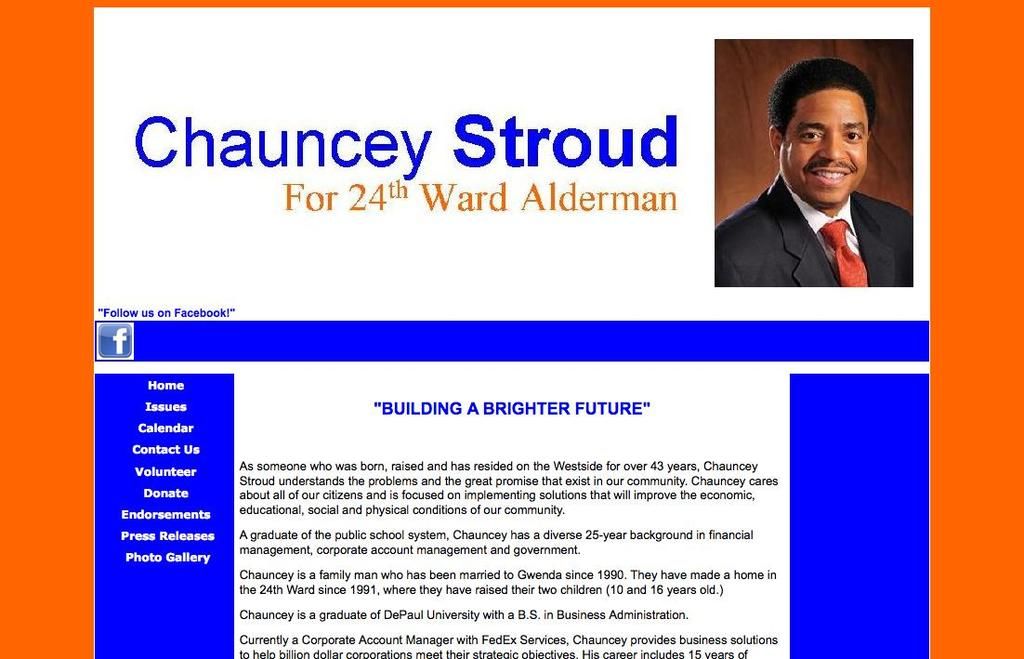Shift in Winter Fuel Payments: Means-Testing for Higher-Income Pensioners
Is the £35,000 Winter Fuel Payment threshold applicable to a single individual or an entire household, as inquired by STEVE WEBB?
Say goodbye to claim forms for Winter Fuel Payments! The U.K. government has announced a change in the payment distribution system, starting from the 2025/26 winter season. Wondering if your income puts you in the higher-income bracket? Let's break it down.
Main Characteristics of the Means-Test
- Eligibility Criteria: All pensioners will receive the Winter Fuel Payment initially, but those with an individual taxable income exceeding £35,000 annually will have their payments clawed back via the tax system[2][3][4].
- Household Payment Allocation:
- Payables: The payment amounts are £200 for households with someone aged between State Pension age and 79, and £300 for households with someone aged 80 or above[1][3].
- Household vs. Individual Income: The means-test bases on individual taxable income, not the overall household income. Consequently, even if a household's combined income surpasses £35,000, only the individual with the high income will have their payment recovered[2][3].
- Repayment Strategy: The payment is recovered from higher-income pensioners via HMRC, either through their PAYE or self-assessment tax return[3]. Pensioners can also elect to opt out of receiving the payment if they'd prefer not to have it reclaimed later[3].
Effect on Pensioners
- Widespread Eligibility: The majority of pensioners (over three-quarters in England and Wales) will qualify for the Winter Fuel Payment, with lower and middle-income pensioners still assured of support[3][4].
- Administrative Challenges: Critics argue that the implementation of means-testing could lead to underestimating the administrative intricacy and public response to modifying universal benefits[3].
In essence, this system aims to ensure that all pensioners receive the payment, while those with higher incomes contribute back to the system through the tax, maintaining the system's fairness and targeting.
[1] "Winter Fuel Payment Rates for 2025 to 2026." GOV.UK. https://www.gov.uk/winter-fuel-payment/rates[2] "New Winter Fuel Payments: What You Need to Know." BBC News. https://www.bbc.com/news/uk-57629534[3] "Winter Fuel Payments: What's changing?" Age UK. https://www.ageuk.org.uk/information-advice/money-matters/benefits/winter-fuel-payment/[4] "Winter Fuel Payment: Clawback for Higher Earners." Citizens Advice. https://www.citizensadvice.org.uk/debt-and-money/benefits/benefits-you-could-get/winter-fuel-payment/winter-fuel-payment---claiming-or-receiving/winter-fuel-payment---clawback-for-higher-earners/
- Pensioners who exceed the individual taxable income threshold of £35,000 annually will see their Winter Fuel Payments clawed back through the tax system, as per the new means-testing policy.
- Personal-finance advisors may suggest that pensioners review their financial strategies to adapt to the implications of this means-testing system on their pension income.
- Investing wisely and managing personal-finance effectively can help higher-income pensioners minimize the impact of Winter Fuel Payment clawbacks and maintain financial stability in the long run.






